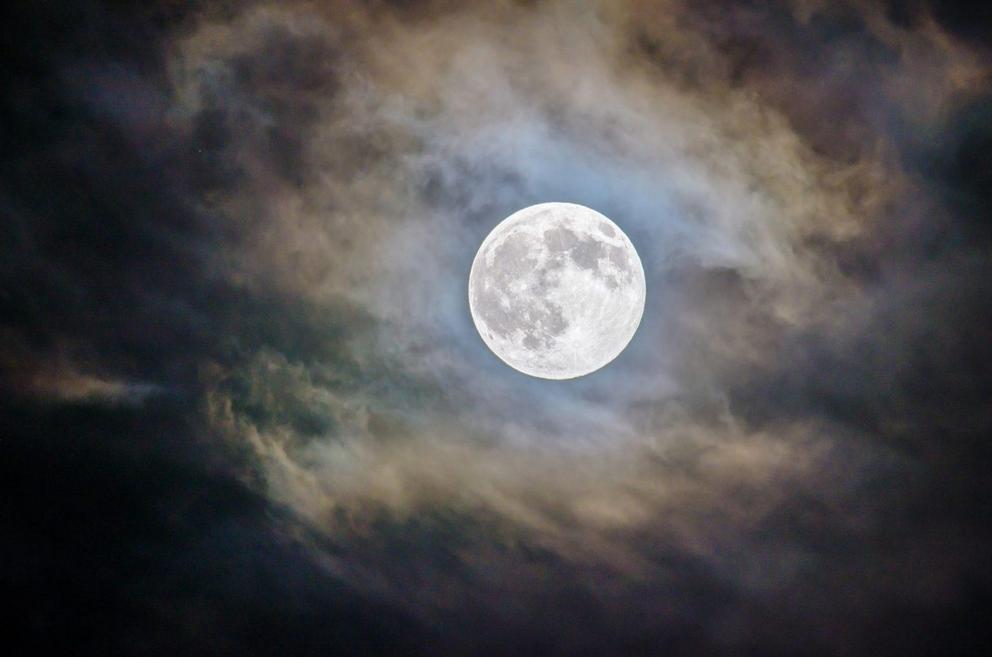Science meets folklore: Full moon does affect our sleep patterns
Long dismissed as folk mythology, the idea that the phases of the moon affect our sleep patterns has now been borne out by a study by the University of Washington.
The study looked at whether the availability of light had an effect on the time of onset of sleep and the duration.
Imagine a group of hunter-gatherers with no access to artificial light other than a sputtering camp-fire. When the sun went down it would be time to stop all activities and sleep. Moonlight would allow variations on that pattern, sometimes offering enough light to carry out some practices, other times now.
The coming of artificial light – in other words, light that Man could provide for himself – flattened out those differences. There are now very few activities we cannot carry out after sundown.
The study, which also involved researchers from the National University of Quilmes in Argentina and Yale University, looked at three communities of the indigenous Toba/Qom people in Argentina. One living in an urban setting with full access to artificial light, one living rurally with some artificial light, and one living rurally with no artificial light.
The subjects were equipped with wrist actimetry – meters measuring motor activity, worn on the wrist like a watch – to test the premise whether periods of brighter moonlight approaching the full moon would lead the subjects to be more active at night, to go to sleep later and to sleep for less time.
Previous studies have already shown that artificial light has the effect of delaying the onset of sleep and reducing the duration. But what the study showed was that there was a clear shifting of sleep timings through the moon cycle, and it was the same in all three communities.
In other words, even if we live in artificial light, we are still affected by the amount of moonlight available.
“We see a clear lunar modulation of sleep, with sleep decreasing and a later onset of sleep in the days preceding a full moon,” said Horacio de la Iglesia, professor of biology at the University of Washington.
“And although the effect is more robust in communities without access to electricity, the effect is present in communities with electricity, including undergraduates at the University of Washington.”
The effect on the 98 Toba/Qom subjects was later replicated by examination of 464 university students in the Seattle area.
“We hypothesise that the patterns we observed are an innate adaptation that allowed our ancestors to take advantage of this natural source of evening light that occurred at a specific time during the lunar cycle,” said the paper’s lead author Leandro Casiraghi, a postdoctoral biology researcher at Washington university.
The paper itself is published in the journal Science Advances.

